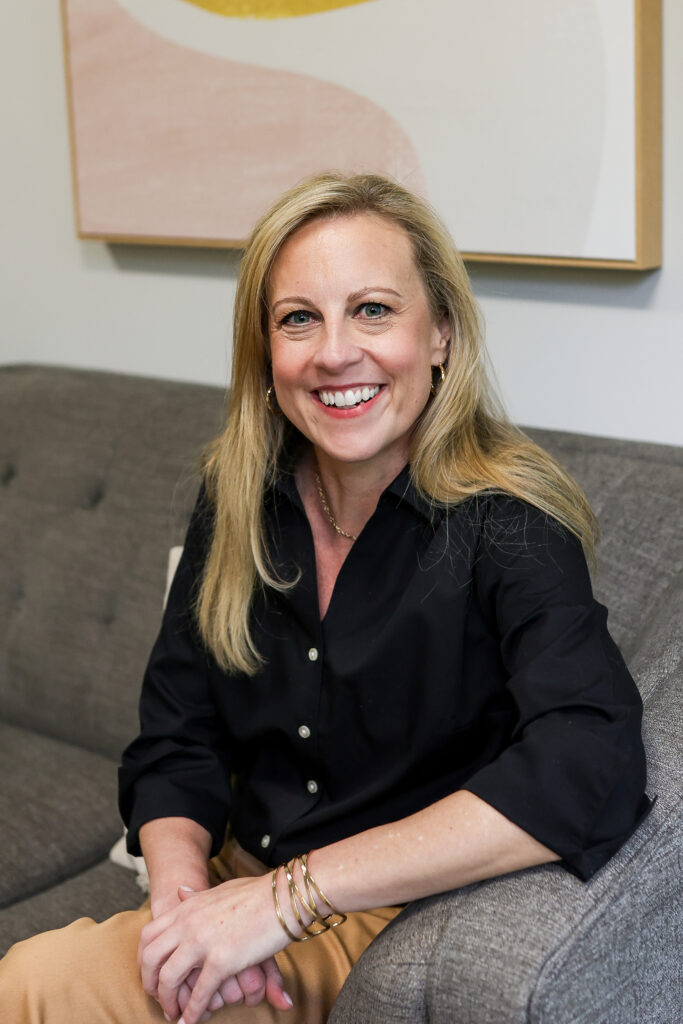Shannon Carl*
MS, LPC
About Me
People often say they want to make changes in their life but find the change process to be more difficult and complicated than anticipated. The therapeutic relationship is a unique collaboration that helps you to learn about yourself though insight (cognitive/”a-ha!”) and awareness (somatic/experiential). When you begin to know yourself -and to accept yourself – change can happen.
Research indicates that the relationship between the client and the therapist is the most significant predictor of successful outcomes in therapy. Accordingly, I prioritize attending to the quality of our therapeutic relationship as I draw heavily from evidence-based treatments that are attachment-focused, emotion-focused, trauma-informed, and attentive to political and systemic dynamics. More specifically, I have training in Emotionally Focused Therapy for Individuals and Couples, Gottman Method for Couples, and Acceptance and Commitment Therapy, and Somatic Experiencing. These evidence-based modalities, when experienced within the container of our therapeutic relationship, strengthen and empower people facing challenges that arise from life transitions, loss, grief, abuse, trauma, as well as the cumulative toll of our modern existence.
Education, Training, and Relevant Experience
I hold a MS in clinical mental health counseling from Tarleton State University, a member of the Texas A&M University system, and a MS and BS in education from Baylor University where my academic focus was community wellness and public health promotion. In addition to my work in psychotherapy, I was an adjunct faculty member for Baylor University’s Department of Public Health from 2001-2022. During this time, I taught courses that focused on the human condition in all its complexity like Stress Management, Health and Human Behavior, Human Diseases, Epidemiology, and Human Sexuality.
It’s been said that I was on the road to becoming a therapist before I knew it, and I can’t disagree! I am deeply satisfied to participate in my clients’ change process, and I welcome any further questions you have about me or my practice.
My professional resources and skills are not limited to the counseling room and the classroom. I enjoy opportunities to engage the community, and I am happy to adapt academic presentations to fit your group’s needs.

